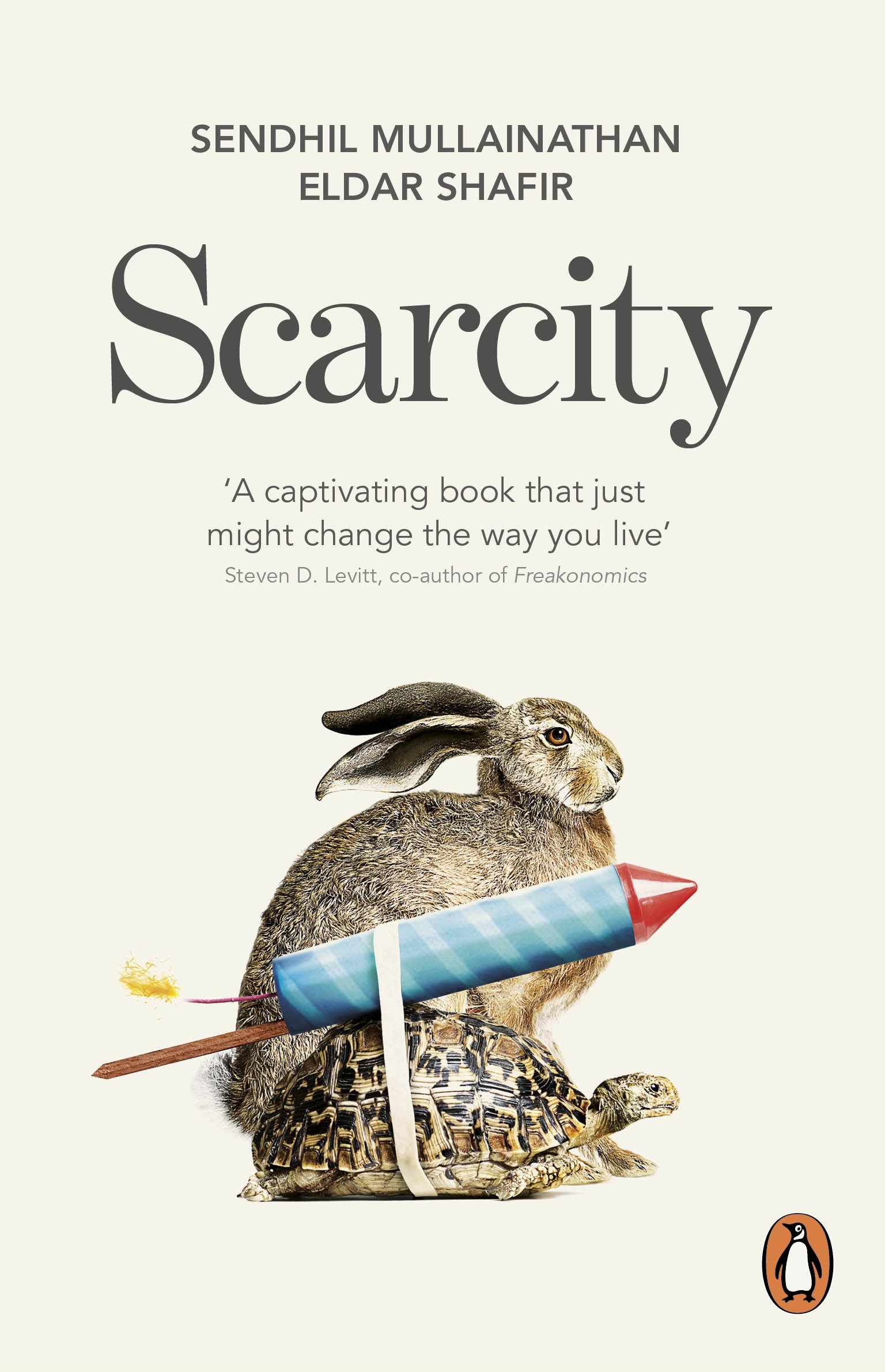SCARCITY, the true cost of not having enough by Sendhil Mullainathan and Eldar Shafir, Book Review.
“The poor stay poor, the lonely stay lonely, the busy stay busy, and diets fail. Scarcity creates a mindset that perpetuates scarcity.”
― SENDHIL MULLAINATHAN AND ELDAR SHAFIR, SCARCITY
At Humanitarian Assistance Technical Support (HATS), we are motivated to find innovative strategies and solutions to reduce global disasters' causes and impacts. And thus scarcity -primarily as defined by Profs. Mullainathan and Shafir- is an essential byproduct of any global catastrophe, as it affects those already grappled by scarcity and is also a byproduct for those who might not have it before the disaster stroke, making it an immensely pertinent issue at HATS.
But what is scarcity? Professor Mullainathan and Professor Shafir define scarcity as 'having less than you feel you need.' And thus, scarcity, according to the book, doesn't just capture the having-less-of of capital but also time, health, and much more. The book also goes far beyond the concepts of what happens when there is scarcity and ventures deep into what created it and how one can get out of its trap.
The book is divided into three parts. The first part, 'The Scarcity Mindset,' discusses what happens when scarcity occurs. It points out the obvious advantages that scarcity brings viz-a-viz the unwavering focus. At the same time, it projects a significant disadvantage, namely tunneling-missing things one is not focusing on. Complimenting tunneling is the concept of bandwidth- and how scarcity reduces it- affecting cognitive capacity and executive control. [a]
The second part is a blow to the conventional wisdom of behavioral economics. This part speaks about the one element that can take you out of the scarcity trap or back in there -slack. It tells through experimental stories (if that's even a word) how the grimmest scarcity of capital works. This last chapter is immensely eye-opening.
Like the climax of a good movie, the third and final part gives concrete examples of how to tackle scarcity -faced by the poor, the organizations, and the individual. The last chapter in the second part discusses poverty and the first chapter of the last part discusses how one can reduce it, taking it full circle. I would have recommended you read these two chapters first, but like a good movie, you'd miss critical information. So, read from the beginning to the end.
What I've given above is just the summary of the book. But the book is more than that. It has implications far-deeper and far-wider. For example, when a student is just performing average or deficient in his examinations, we might be quick to access/attribute it to his lower intelligentsia when in reality, it might be just the case that his cognitive capacity is taxed due to certain other events occurring elsewhere. More astonishing is the idea that mere remembrance of one's lack of could take a student from excellent to average or from average to borderline. This makes up the house/institute/organization's task to make sure to try to remove or at least mitigate these taxation effects utmost necessary. As individuals, as organizations, and as societies, we could take advantage of these trapped human potentials. This book will help you do this and much more.
As the authors put it, it is "a science in the making." And I wish everyone to take advantage of this beautiful emerging field of scarcity (and thus of abundance too.) I would not be shy to say that this book is at par with or at places even better than Prof. Richard Thaler and Prof. Cass Sunstein's Nudge, which too is a delight [b]. I wish I had read it before—a gem of a book.
NOTES
[a] I do not wish to ruin how brilliantly -like unfolding a story- the authors introduce these concepts, and thus to know more about these, I dearly want you to read them.
[b] I loved Prof. Thaler and Prof. Sunstein's Nudge, but I loved Prof. Thaler's Misbehaving even more.


